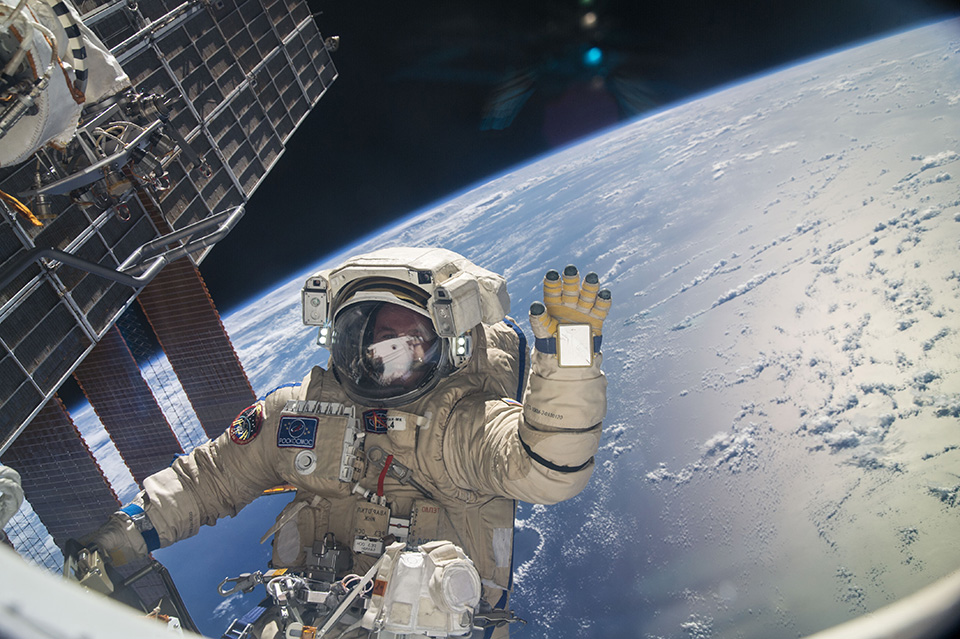
Handing Over
In an era of tight purse strings and even tighter budgets. There is only one rule: prioritize. So when NASA starts saying that it plans to prioritize on the moon and getting to Mars, its going to leave other pursuits behind.
Like leaving Low Earth Orbit. NASA has just announced that it will be leaving LEO and putting further focus on its moon and Mars Missions. That means leaving one hallmark of space research: the ISS.
Who will be inheriting the testament of international cooperation? The private sector, of course. During a QNA about NASA’s Mars Mission, NASA Deputy Associate Administrator Bill Hill had this to say: “NASA’s trying to develop economic development in low-earth orbit. Ultimately, our desire is to hand the space station over to either a commercial entity or some other commercial capability so that research can continue in low-earth orbit.”

Letting Go
The timing of this is in line with the funding schedule for the ISS: President Obama extended the funding of the ISS program from its original deorbiting date of 2016 through 2020. This will give the agency more time in conducting near-Earth preparatory missions key to having a manned mission to Mars.
NASA has been mulling over private sector control of the ISS for some time now. In fact, letting go of the ISS means that it will no longer have many missions in LEO, and that would give companies the signal to develop their own LEO platforms, if they want to conduct experiments in microgravity.
While no commercial partner has been explicitly named, NASA has been cozy with two companies: Boeing and SpaceX. Upgrades to the ISS are being made to accommodate spacecraft made by the two companies.